
Once an individual is eligible for Medicare, they may find themselves having to pay a premium every month for Medicare Part B and Medicare Part D coverage.
However, under certain circumstances an individual may be eligible to have those premiums covered.
The purpose of this article is to discuss programs intended to cover Medicare Part B and Medicare Part D premiums.
Medicare Part B
Medicare Part B is medical insurance which broadly covers doctors’ services, outpatient medical and surgical services and supplies, diagnostic tests, outpatient therapy, outpatient mental health services, preventative health care services, clinical laboratory tests, durable medical equipment, outpatient hospital services, and ambulance services (if other transportation would endanger health).
To be eligible, an individual must be age 65 or have been declared disabled by the Social Security Administration for a period of 24 months.
For most individuals, there is a premium of $170.10 (2021) per month.
If you do not enroll when you are required to, the premium increases 10% for each year you do not enroll after becoming eligible.
Although there are exceptions for individuals still working at 65 and receiving health insurance through a large employer, they are complex and I would encourage you to speak to a Medicare specialist.
The increased premium due to the penalty is permanent, meaning you will pay a higher rate for the rest of your life.
An individual who meets the income and resource eligibility requirements will have their Medicare Part B premium and any penalties covered under the Specified Low Income Medicare Beneficiaries program (SLMB).
To be eligible, the income of a single person must be under $17,388 per year ($1,449 per month) while a couple must be under $23,517 per year ($1,959 per month).
There is also a resource test. Resources are more complicated but typically would be money you have in the bank.
A single person must have resources under $7,970 while a couple must be under $11,960.
In other words, a person who is eligible for SLMB will receive an additional $170.10 in their Social Security check every month.
Medicare Part D
Medicare Part D is prescription drug coverage.
Prescription drug coverage under Part D is optional and there is a premium associated with it that varies depending on the plan you choose.
In addition to each plan having a different premium, each plan covers different prescription drugs.
The prescription drugs covered under a particular plan are known as a formulary.
As such, it is critical to make sure your prescription drugs are covered by the formulary of the Part D plan you are choosing.
Part D does not cover your prescription drugs in full; there are co-pays and deductibles associated.
Like Part B, Part D premium will be increased permanently by a penalty if you do not enroll in Part D when you are first eligible.
If you have equivalent coverage from an employer at the time you would become eligible, you are permitted to keep that coverage but must enroll in Part D when you no longer have the sufficient coverage.
Prescription Assistance for the Aged and Disabled (PAAD) will cover your Medicare Part D premium and reduce your prescription drug co-pays to $7.00 for brand name and $5.00 for generic.
To be eligible for PAAD, you must meet the income test; there is no resource test.
A single person’s income must be below $38,769 per year ($3,230 per month) while a couple’s income must be below $45,270 per year ($3,772 per month).
Application
Both SLMB and PAAD are applied for by completing the New Jersey Save application.
The application can be found online at https://njdoas-ua.force.com/njsave/quickstart.
Central Jersey Legal Services
CJLS’ attorneys represent individuals facing a multitude of civil legal issues.
All people, regardless of their financial situation, deserve a fair shot at justice – and that requires a lawyer’s help.
It’s not justice when a senior or disabled person is denied services because they couldn’t afford the legal help they needed.
Central Jersey Legal Services provides access to legal help and information for clients in legal situations who could not otherwise afford an attorney.
This article was authored by Ryann M. Siclari, Esq. Edited by Chané M. Jones, Esq.
For more information or for further assistance, please contact Central Jersey Legal Services.
Mercer County: (609) 695-6249
Middlesex County: (732) 249-7600
Union County: (908) 354-4340
